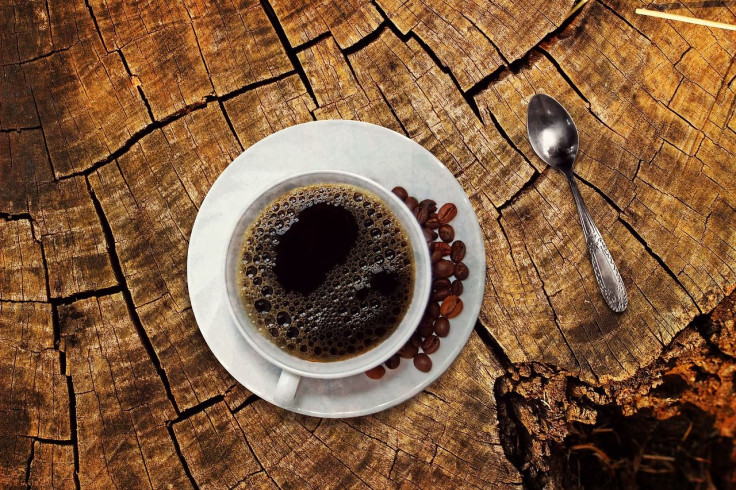Reason Why We Can’t Get Enough Of Coffee And Beer

The world's first genome-wide test for bitter or sweet beverage preferences explains why people like coffee and beer? And why? Hint: It's got something to do with feeling good.
A study by Northwestern University in Chicago said genetics suggests our preference for a beverage depends on its psychoactive effect, meaning the "goodness" they make us feel. We don't like coffee and beer for their taste, said the study.
We like these beverages for the way they make us feel. Put in another way, beverage choices are more about mental reward than taste.
This preference for feeling seems to override the fact sugary beverages are linked to many disease and health conditions. Alcohol intake is related to more than 200 diseases and accounts for about 6 percent of deaths globally.
The Northwestern Medicine study showed taste preferences for bitter or sweet beverages aren't based on variations in our taste genes, but rather genes related to the psychoactive properties of these beverages.
"The genetics underlying our preferences are related to the psychoactive components of these drinks," Marilyn Cornelis, assistant professor of preventive medicine at Northwestern University Feinberg School of Medicine, said. "People like the way coffee and alcohol make them feel. That's why they drink it. It's not the taste."
The study highlights important behavior-reward components to beverage choice and adds to our understanding of the link between genetics and beverage consumption — and the potential barriers to intervening in people's diets.
Cornelis did find one variant in a gene called FTO that’s linked to sugar-sweetened drinks. People who had a variant in the FTO gene — the same variant previously related to lower risk of obesity — surprisingly preferred sweetened beverages.
"It's counterintuitive," Cornelis said. "FTO has been something of a mystery gene, and we don't know exactly how it's linked to obesity. It likely plays a role in behavior, which would be linked to weight management."
"To our knowledge, this is the first genome-wide association study of beverage consumption based on taste perspective," Victor Zhong, the study's first author and postdoctoral fellow in preventive medicine at Northwestern, said. "It's also the most comprehensive genome-wide association study of beverage consumption to date."
Published by Medicaldaily.com



























